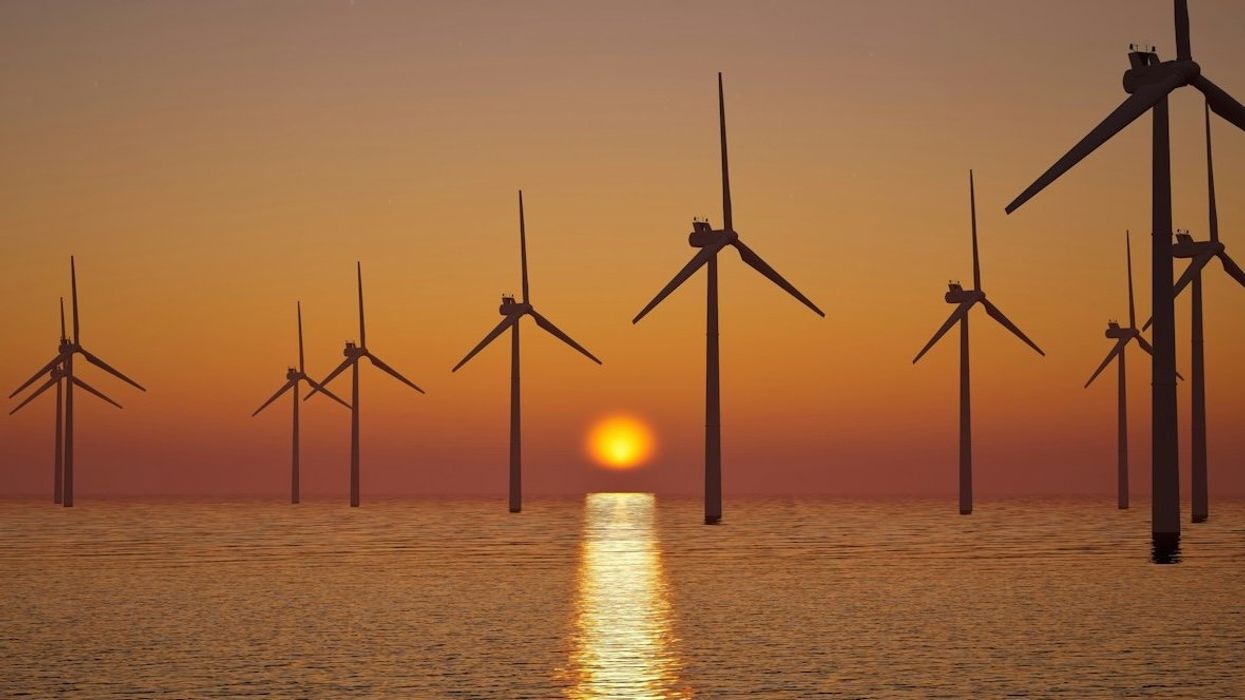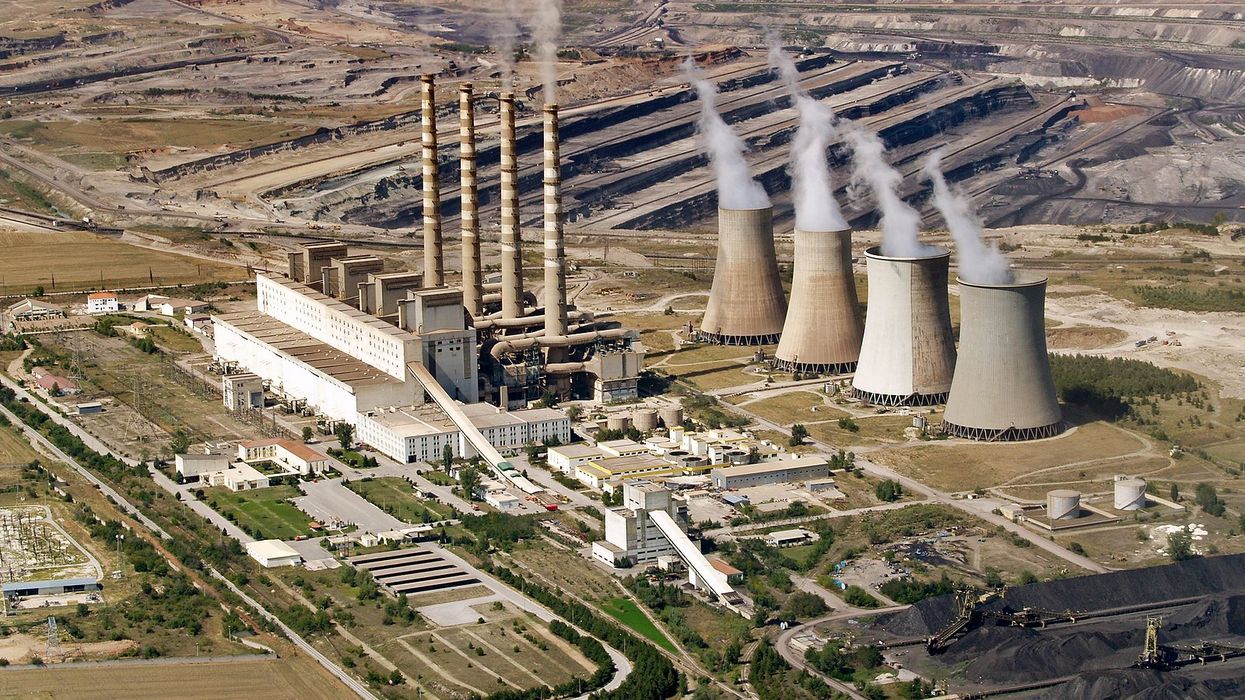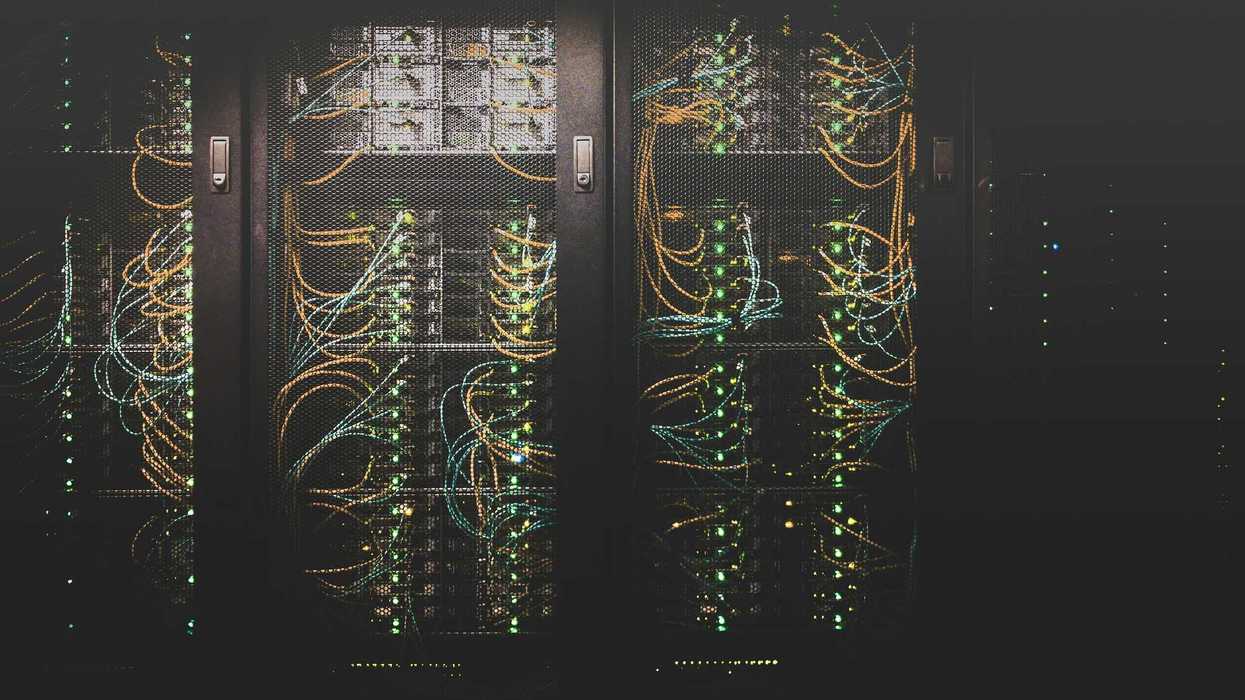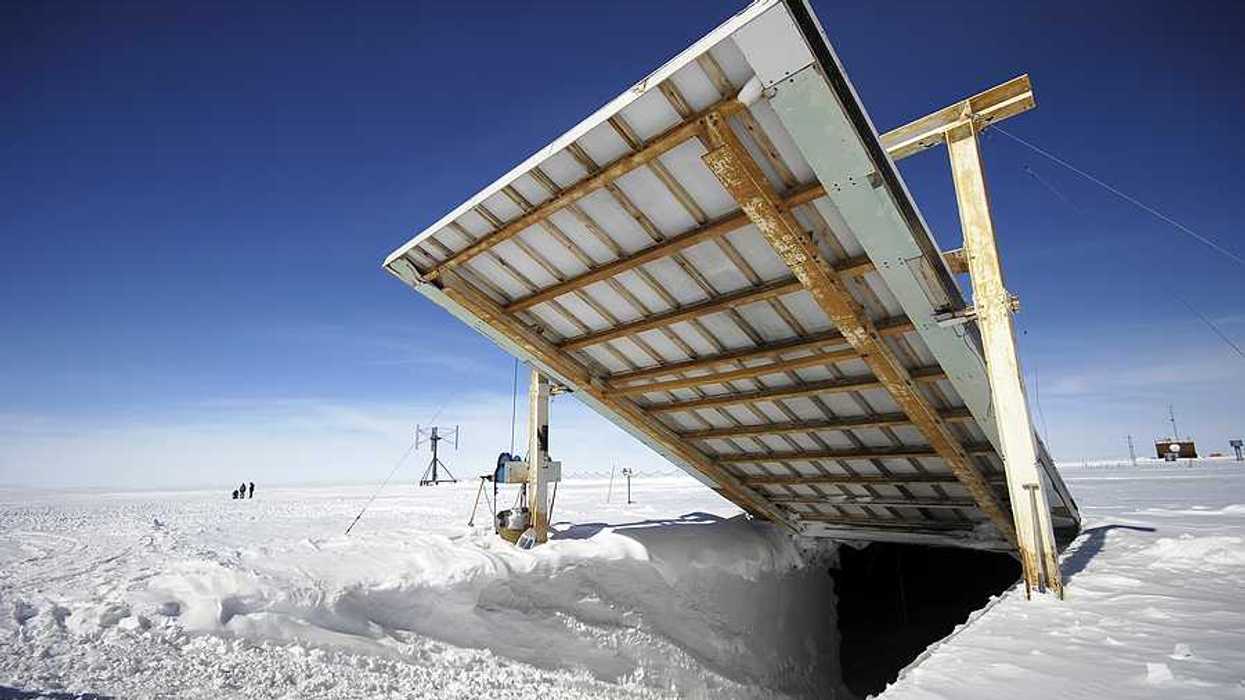Atmospheric scientist Katharine Hayhoe works mostly with a referent group that she's belonged to her entire life: evangelical Christians. Soft-spoken and patient, she knows how important it is to establish personal connections with her audiences.
In her role as director of the Climate Science Center at Texas Tech University, she speaks to religious groups, farmers and university administrators about climate change. She never gives the same speech twice, because every group has a unique set of values and experiences that she can tap into.
When she addressed the student body at Pepperdine, a Christian university in Malibu, California in February, Hayhoe didn't even utter the phrase “climate change" for the first 10 minutes. She spoke about her youth in Colombia, explaining that she saw firsthand how deeply natural disasters—including earthquakes, floods and landslides—can affect populations, and instantly connected with Pepperdine's Southern California community, which regularly experiences similar severe events.
Whenever Hayhoe speaks to Christian groups, she asks what God's greatest gift to us is; they dutifully respond “his son." But then she asks what his second greatest gift is.
“What if it's this planet we live on?" she suggests to the audience. By first showing she's a member of the same referent group, she's earned the trust of the audience to explore such issues.
When she speaks to West Texas farmers, she spends 10 minutes covering terrain they can all agree on—the challenges they face in an ongoing drought. She slowly leads groups from a point of maximum agreement toward issues they may be less confident about: “Have you noticed a change in weather patterns over the past few decades?" She holds their hands the whole way, and speaks right around a fourth grade level.
“The last thing we should be trying to do is instill new values in people. That's why it's so important to listen to people, engage with them and walk a mile in their shoes," Hayhoe said. “What value or concern or deeply held belief do they already have that you can directly connect to climate?"
"The last thing we should be trying to do is instill new values in people. That's why it's so important to listen to people, engage with them and walk a mile in their shoes."-Katherine Hayhoe, Texas Tech University
Hayhoe rarely meets someone she can't connect with, even if she doesn't change his or her mind, although sometimes finding common ground requires persistence. When she gave the keynote address to a group of scientists of Christian faith during a conference in England, one engineer proved particularly recalcitrant. When confronted with 150 years of climate science, he kept repeating over and over, “but we just don't know."
“The conversation didn't end well," Hayhoe said. “I chalked it up to the one person in a thousand you just cannot connect with, no matter how hard you try."
As it turned out, the two were fated to cross paths two years later at a similar convention aimed at “exploring a Christian response to climate change" at Tyndale University in Canada. After lunch, Hayhoe stepped through a door and found herself lost and locked out of the convention center, phone battery dead. Then she heard the door slam shut behind her a second time, and wheeled around to find that the stubborn engineer was at the conference too, and was also lost.
“He looked at me and I looked at him, and we were both thinking the same thing. We started trying to find a way back inside, and we were desperately searching for topics we could converse on—anything but climate science."
Noticing a pair of knitting needles protruding from Hayhoe's bag, the engineer smiled. “Oh, do you knit?" he asked.
“Yes, I find it a great way to concentrate," Hayhoe responded. She told him she was knitting a cowl for her mother.
“I knit too," the engineer replied excitedly. “Last Christmas I knitted all my family's presents, because I felt that we shouldn't be buying so much stuff. It's much more meaningful to make things for people."
He said he also saved money by crafting much of the family's furniture from wooden pallets. “I really believe that consumerism is a huge issue in our society, and I want to model for my family what it looks like to live a very minimal, yet very happy life."
Hayhoe was pleasantly shocked by the engineer's words. Considering his staunch denial of climate change, she had doubted they would ever find common ground. But she had renewed faith in the importance of personal connections after the repeat encounter.
The pair soon found a way back inside, and Hayhoe turned to her new friend as they prepared to rejoin the conference. “I wish everybody lived the way you do," she told him. “Then it wouldn't matter whether or not they accepted the science behind climate change," because they'd already be making a positive impact.
Hayhoe looks forward to hearing objections from her audiences, because they regularly lead to productive conversations. One reoccurring question is faith-based: “If we admit that man can impact the climate on a long-term basis, aren't we undermining the authority of God?" She responds by reading a passage from Genesis with her audience, which decrees that God created humans in his image to be responsible stewards for the Earth.
“I've never found anyone with a rebuttal for that," she says.
Former Congressman Inglis also discusses the religious roots of environmental stewardship with his audiences. Like Hayhoe, he finds that the response is almost exclusively positive: “If you make scripture the guide for your life, messages of [environmental care] are in there all throughout."
When Hayhoe hears protests that regulating carbon will unnecessarily burden businesses and taxpayers, causing job loss and decreased productivity, she encourages the speaker to consider that it might be possible to be both environmentally responsible and profitable. She highlights companies that exemplify this dual mission, asking, “Isn't it amazing that Fort Hood [in Texas] is saving taxpayers $160 million by signing a contract with wind and solar, rather than natural gas?"
Hayhoe believes that even people who disagree about whether humans play a part in causing the planet to warm can agree on solutions. That's why she ends every talk by discussing ways forward that everyone can accept. At Pepperdine, for example, she encouraged students to engage with Climate Caretakers, a Christian organization that helps people take action to reduce their carbon footprints.














